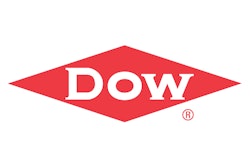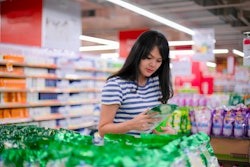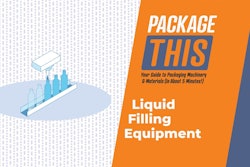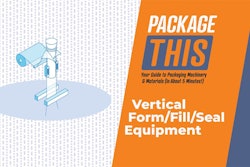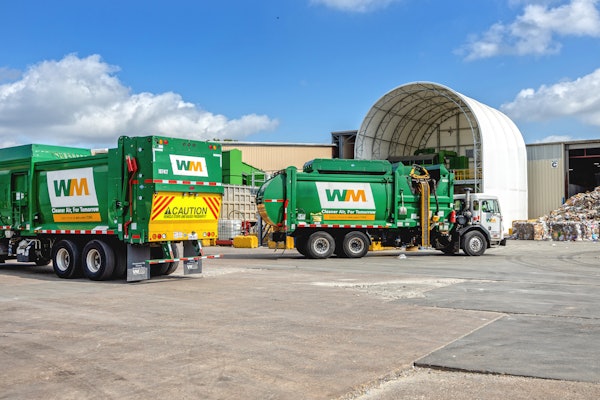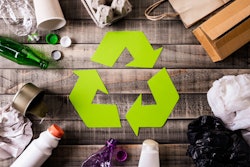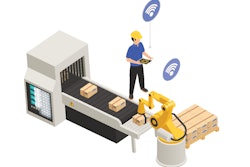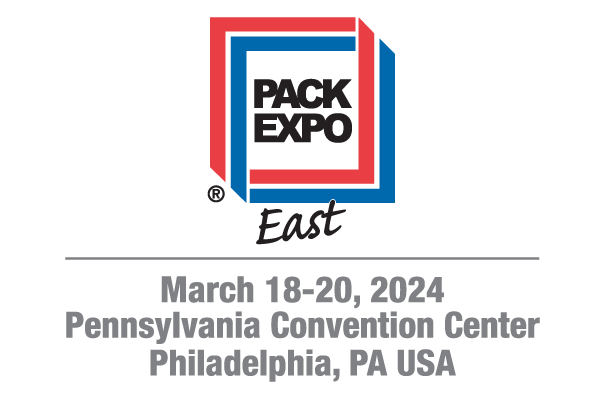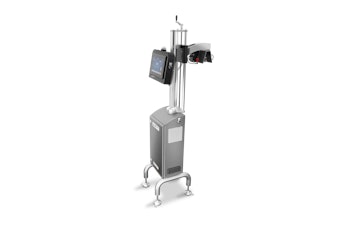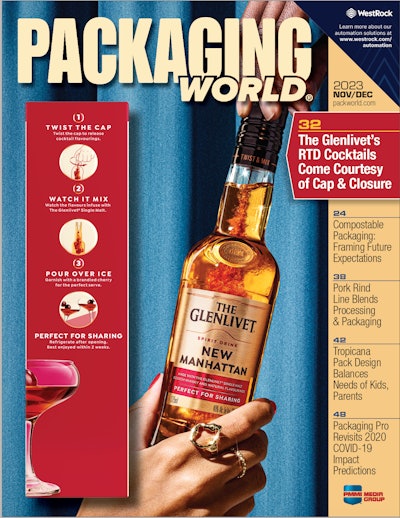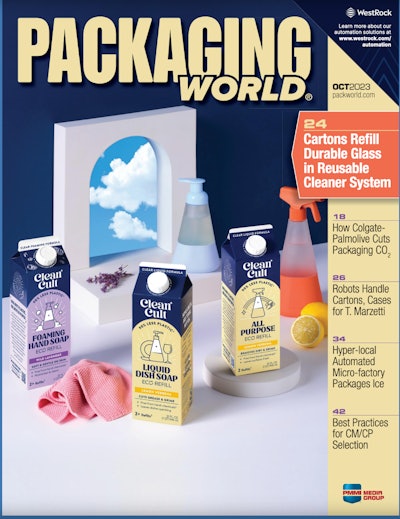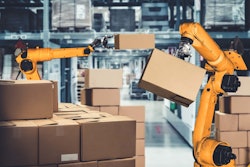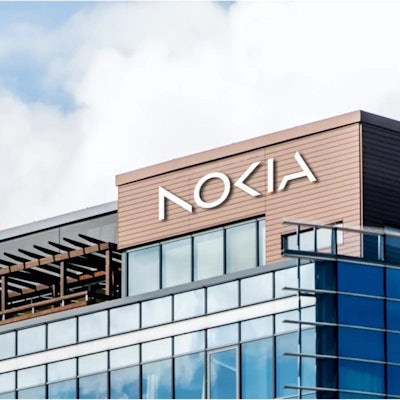
This comprehensive segment encompasses both recycling initiatives and packaging that now integrates more recycled content. Numerous instances of mono-material developments and other measures aimed at boosting recycling rates are reported. The advent of Packaging Taxes, influencing packaging recycling, is also on the horizon. The U.K. has already set this in motion in April 2022, implementing a tax on plastic packaging with less than 30% recycled content. These activities inevitably drive the demand for packaging reduction efforts.
Learn more about ThePackHub's Innovation Zone here.
 Nokia's switch to recyclable packaging for its Lightspan broadpand access nodes reduces package size by 60%.ThePackHub
Nokia's switch to recyclable packaging for its Lightspan broadpand access nodes reduces package size by 60%.ThePackHub
Finnish tech company Nokia has announced a shift to 100% recyclable packaging for its Lightspan broadband access nodes. The move involves replacing protective plastic covers with a biodegradable alternative and using recyclable cardboard components certified by the Forest Stewardship Council for buffer material. The new packaging is designed for reuse in return shipments. Nokia aims to eliminate non-biodegradable foam, plastic, bleaching, toxic materials, and chemical treatments, with the redesigned packaging offering a 60% reduction in size and a 44% reduction in weight. This reduction is expected to lead to a decrease in CO2 emissions from transportation by up to 60%. The initiative aligns with Deutsche Telekom’s circularity goals, and Nokia’s broader strategy involves the use of organic, biodegradable materials to reduce transport costs and waste disposal.
 Amstel's new PCR secondary packaging is expected to reduce 39 tons of CO2 emissions annually.ThePackHub
Amstel's new PCR secondary packaging is expected to reduce 39 tons of CO2 emissions annually.ThePackHub
The Heineken Group has intensified its commitment to achieving 100% plastic circularity in its operations, replacing shrink packaging on Amstel brand cans with material made from 30% recycled post-consumer polyethylene resin. Conducted in collaboration with Dow and films and flexible plastic packaging supplier Lord, this initiative is expected to reduce 39 tons of CO2 emissions annually, showcasing the positive impact of industry collaboration. Following the 2022 implementation of this sustainable material in the secondary packaging of the Devassa brand, resulting in a significant reduction of 777 tons of plastic, the second phase expands the use to Amstel, the company’s second most consumed brand in Brazil. The company acknowledges the necessity of collaborative efforts with sustainability-focused suppliers and emphasizes the shared responsibility of the industry in promoting positive environmental practices. Dow, the supplier of recycled resin for the Revoloop line, expresses commitment to advancing sustainability requirements in packaging in collaboration with partners like Heineken and Lord.
 Mars Food & Nutrition Australia's new MasterFoods squeezy sauce bottles are anticipated to cut the company's virgin plastic consumption by 12.7 metric tons in 2024.ThePackHub
Mars Food & Nutrition Australia's new MasterFoods squeezy sauce bottles are anticipated to cut the company's virgin plastic consumption by 12.7 metric tons in 2024.ThePackHub
Mars Food & Nutrition Australia has teamed up with Wellman Packaging, a specialist FMCG packaging supplier, to enhance the sustainability of its MasterFoods squeezy sauce bottles. These recently launched bottles incorporate Wellman PET technology, resulting in an 18% reduction in virgin plastic usage. This shift is anticipated to slash Mars Food & Nutrition Australia’s virgin plastic consumption by 12.7 metric tons in 2024, with ongoing plans for additional reductions. The collaboration, forged amid the challenges of the Covid-19 pandemic, reflects the company’s commitment to sustainability. Mars Food & Nutrition Australia and Wellman refined the bottle design through numerous iterations to maintain the desired ‘squeeziness’ that customers appreciate. The new PET MasterFoodssqueezy sauce bottles are now available on supermarket shelves across Australia.
Learn more about ThePackHub's Innovation Zone here.
